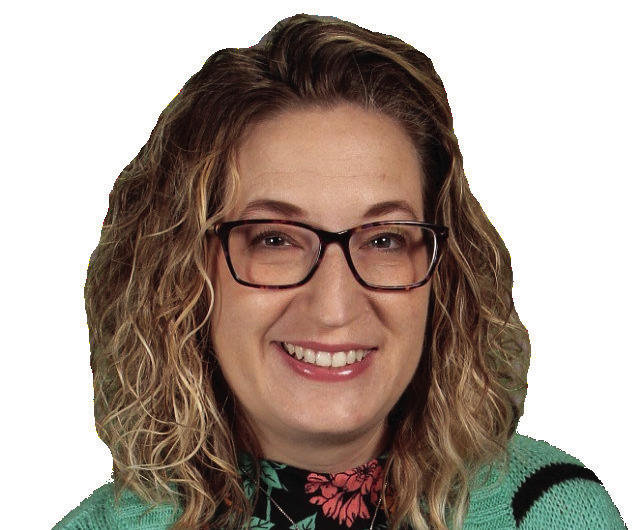Kristina Atwood: Stay scam savvy

Every week, it seems like we hear about a new scam that we need to keep our eye out for, whether it comes in the form of a person going door-to-door, a phone call, text message, mail, or email.
We have to pay attention to mail that looks official, but isn’t, text messages, phone calls, and email that appears to come from an official sounding number or uses official sounding and sometimes threatening messages which aren’t true, and people who come to the door that look official and may not be.
These scams are usually after either a person’s money or personal information, and while there are more than I can possibly describe, these are a few I frequently run across:
• Receiving letters or calls from impostors claiming to be from Medicare requesting personal information.
• The “grandparent” scam, where someone calls claiming to be a grandchild who is in an emergency situation and needs money sent to them immediately.
• The “gift card” scam, asking for something to be paid in the form of gift cards.
• Text messages claiming to be from Amazon letting you know there is an issue with your account and if you don’t take care if it now your account will be closed.
• Calls and letters from imposters claiming to be from the IRS telling you that you owe money and if you don’t pay now with either check or credit card you will go to jail.
There are things a person can do to protect themselves. When it comes to Medicare, for example, a true representative should never ask for a person’s Medicare information — they already have it. Medicare information should be like your social security number; only give it out to trusted sources.
When scammers call demanding information, hang up, and when in doubt, a person can contact the organization directly instead of the number that shows up on the caller ID. Don’t click on links that come from unknown or suspicious text messages or emails.
Also, when in doubt, a person can always take the information or questions about a call or letter to a trusted source for verification.
It can be very scary to receive one of these scams, and it can be very easy to fall for them. Shortly after purchasing a home, I received a letter in the mail telling me to contact the number in the letter as it concerned my mortgage.
The letter had my name, my mortgage company’s name and address, as well as the last four numbers of my loan. The phone number I was directed to call was only 2 digits off from the actual number from my mortgage company, and that was the only reason I caught the scam — I checked the actual phone number with the number on the letter.
Up until I realized that, I had thought there was something horribly wrong with either my mortgage or my payments.
These scams can be very scary to receive and come across and they all tend to share a similar idea or theme: the situation is urgent and if you don’t act immediately something horrible could happen.
Using that fear and sense of urgency is one way scammers hope to trick a person into giving their information. It seems like, every year, the people who operate these scams find new ways to trick people, and, every year, we have to become savvier than them.
Kristina Atwood is the SeniorAge Center Lead and HCBS Assessor at the Cassville Senior Center.
She may be reached at 417-847-4510 or kristina. atwood@senioragemo. org.




